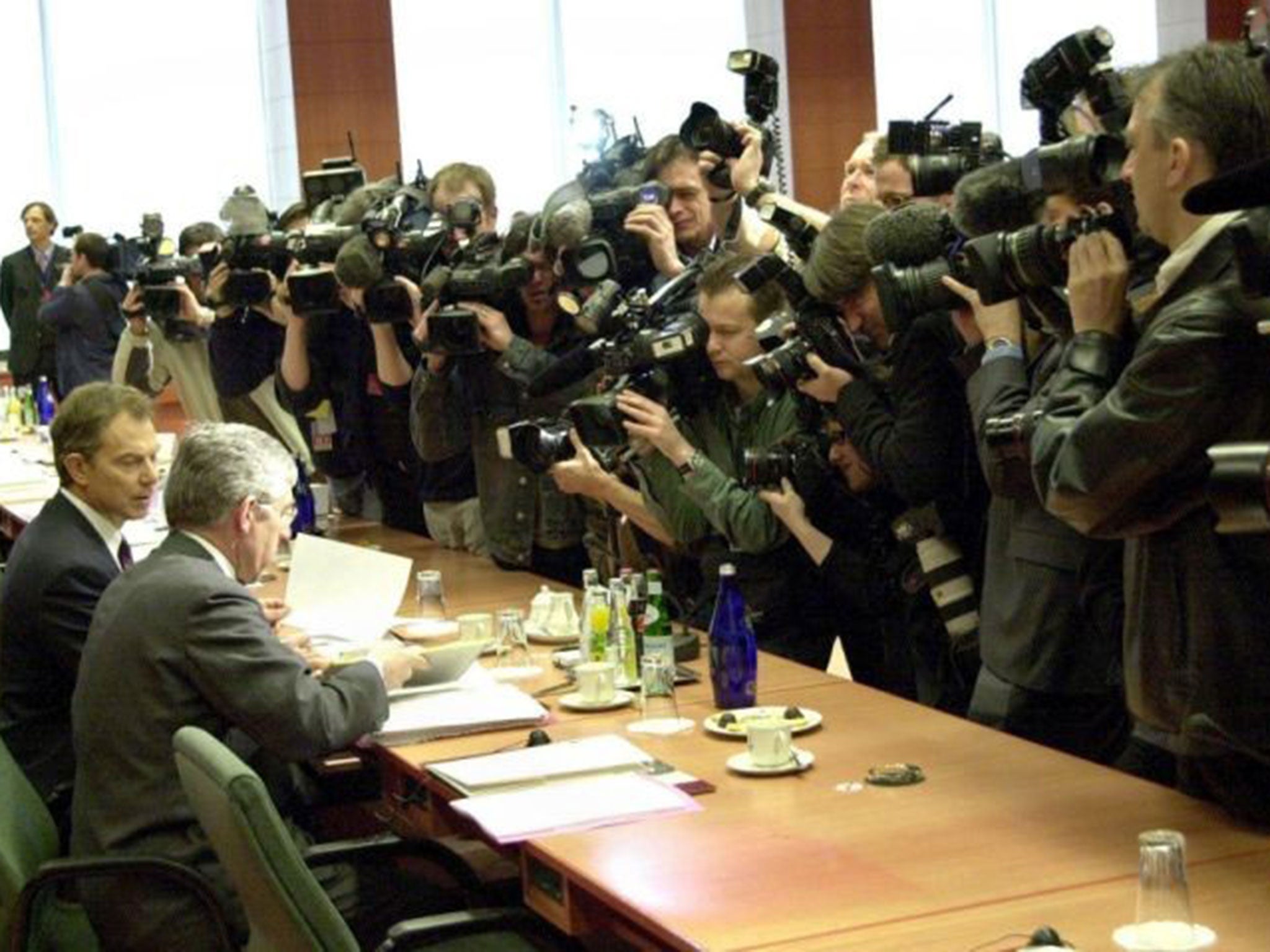Chilcot inquiry: Blair and Straw to get warning letters ahead of publication of report into 2003 invasion of Iraq
Anyone criticised in public inquiries is entitled to see and challenge extracts related to them

Your support helps us to tell the story
From reproductive rights to climate change to Big Tech, The Independent is on the ground when the story is developing. Whether it's investigating the financials of Elon Musk's pro-Trump PAC or producing our latest documentary, 'The A Word', which shines a light on the American women fighting for reproductive rights, we know how important it is to parse out the facts from the messaging.
At such a critical moment in US history, we need reporters on the ground. Your donation allows us to keep sending journalists to speak to both sides of the story.
The Independent is trusted by Americans across the entire political spectrum. And unlike many other quality news outlets, we choose not to lock Americans out of our reporting and analysis with paywalls. We believe quality journalism should be available to everyone, paid for by those who can afford it.
Your support makes all the difference.Sir John Chilcot, chair of the public inquiry into the 2003 invasion of Iraq, is poised to send formal letters to those whose conduct he criticises in his final report.
The then Prime Minister, Tony Blair, and Foreign Secretary, Jack Straw, are among those expected to be sent what are known as "Salmon" or "Maxwellisation" letters in the coming weeks. Anyone criticised in public inquiries is entitled to see and challenge extracts related to them before publication. The letters are named after Lord Salmon, who held a public ethics inquiry in the 1970s, and the late newspaper baron Robert Maxwell, who challenged the way criticisms of his dealings were handled in a public report.
The long-running inquiry is examining the period from summer 2001 to the end of July 2009, taking in the run-up to the Iraq war, the conflict and its aftermath. The final report has been delayed, latterly as Sir John negotiated with Sir Jeremy Heywood, the country's most senior civil servant, as to what he could publish.
The limits on what can be published led to criticism that the inquiry could end up being a "whitewash" of a war that divided the nation and tarnished Mr Blair's 10-year premiership. However, Sir John and the Cabinet Office now appear to be close to agreement, as the Salmon letters could not be sent out until the "quotes and gists" have been finalised.
In a select committee hearing last week, Sir Jeremy said that he wanted the inquiry to publish "the maximum possible without destroying our relationship with the US [and] without revealing secrets that don't need to be revealed".
Join our commenting forum
Join thought-provoking conversations, follow other Independent readers and see their replies
Comments